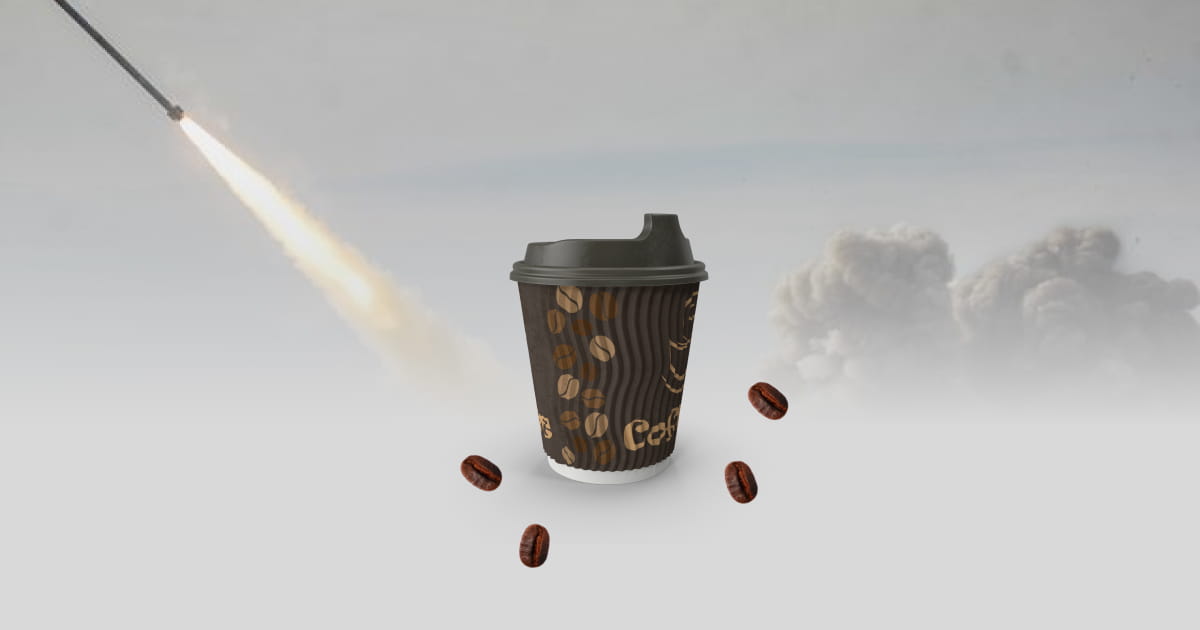Why is it okay to drink coffee and get manicures during wartime?

The ninth year of the Russian-Ukrainian war and the seventh month of a full-scale invasion are underway. Ukrainian civilians and soldiers die every day, while other Ukrainians can afford the everyday joys of life. In July, US Congresswoman Victoria Spartz accused those at the home front of behaving as if there was no war by going to restaurants and theaters. We explain why this is normal and even necessary.
The economy
The purchase of goods and services is necessary for the functioning of the Ukrainian economy, which has found itself in a difficult situation due to the war. Every coffee in a restaurant or café means providing jobs, reviving the activity of enterprises and logistic connections. All this creates a circulation of money in Ukraine.
In addition to paying taxes, business supports the army and retrains for wartime needs. For example, some garment factories sew clothes for the military in addition to everyday clothes.
Ukraine's economy is functioning despite the shelling, adjusting to new conditions. Companies with factories located in cities where hostilities are taking place are moving their equipment, facilities, and employees to safer regions. According to the state relocation program, 710 enterprises have already been relocated, 500 of them have resumed work and need support in new locations.
Adaptation
Adaptation is understanding how to live in times of war, indifference is ignoring it.
Ukrainians have adapted because that's how the psyche works. It is impossible to be in a state of tension all the time. Even though there is no safe territory in Ukraine due to missile attacks, Ukrainians must live and work for the state to function — behind the front, there must be a strong rear.
People in Kyiv, Lviv, or Chernivtsi remember that they can eat in restaurants thanks to the Armed Forces of Ukraine. In June, Ukrainians collected over 600 billion hryvnias in four days, with which Serhii Prytula's charity fund bought a satellite. Such fundraisers for the army on a larger or smaller scale are organized in Ukraine constantly.
Emotional state
Ukrainian psychologist-psychotherapist Volodymyr Stanchyshyn defines the current phase of the war as the phase of "fatigue and exhaustion". One of the ways to get out of it is to allow yourself things that are not about the war: read books, watch TV series, and meet with friends. The brain must switch between states when it is in the "war and work" mode and when it is not because that is the only way to rest.
Work / life balance in Ukraine has turned into war / life balance.
"The balance between life and work is existential, it helped me to grow and develop. War forces you to give a lot, so the second case is no longer about development, but about survival. If you used to meditate to be inspired by new ideas, now you need to sleep so that tomorrow you can pick up a weapon. We have to "excavate" resources for ourselves every day just to survive," says Stanchyshyn.
The National Psychological Association of Ukraine and Proinsight Lab conducted research on the mental state of Ukrainians during the full-scale war against Russia among those who sought crisis help from psychotherapists.
More than half of the experts noted that the intensity of emotional symptoms is higher in people who are far from hostilities or have left the country altogether:
- Those who are far from hostilities show more anxiety, panic states, tension, and react more intensively;
- Those who are closer to hostilities — gather together, try to do something and show an active position.
Experts suggest that this is related to the so-called "witness trauma" that can occur while watching the news and is associated with feelings of helplessness and guilt due to being in a relatively safe place.
People who are further from dangerous territory experience more feelings also because the psyche in a more or less healthy format has access to more functions. For example, it is ready for anxiety and social feelings: guilt, shame, etc.
Relaxing in such conditions is difficult, but necessary. So when you see smiling and well-groomed Ukrainians on social networks, who look as if there is no war, know that it continues, traumatizes us, and no one has forgotten about it.


